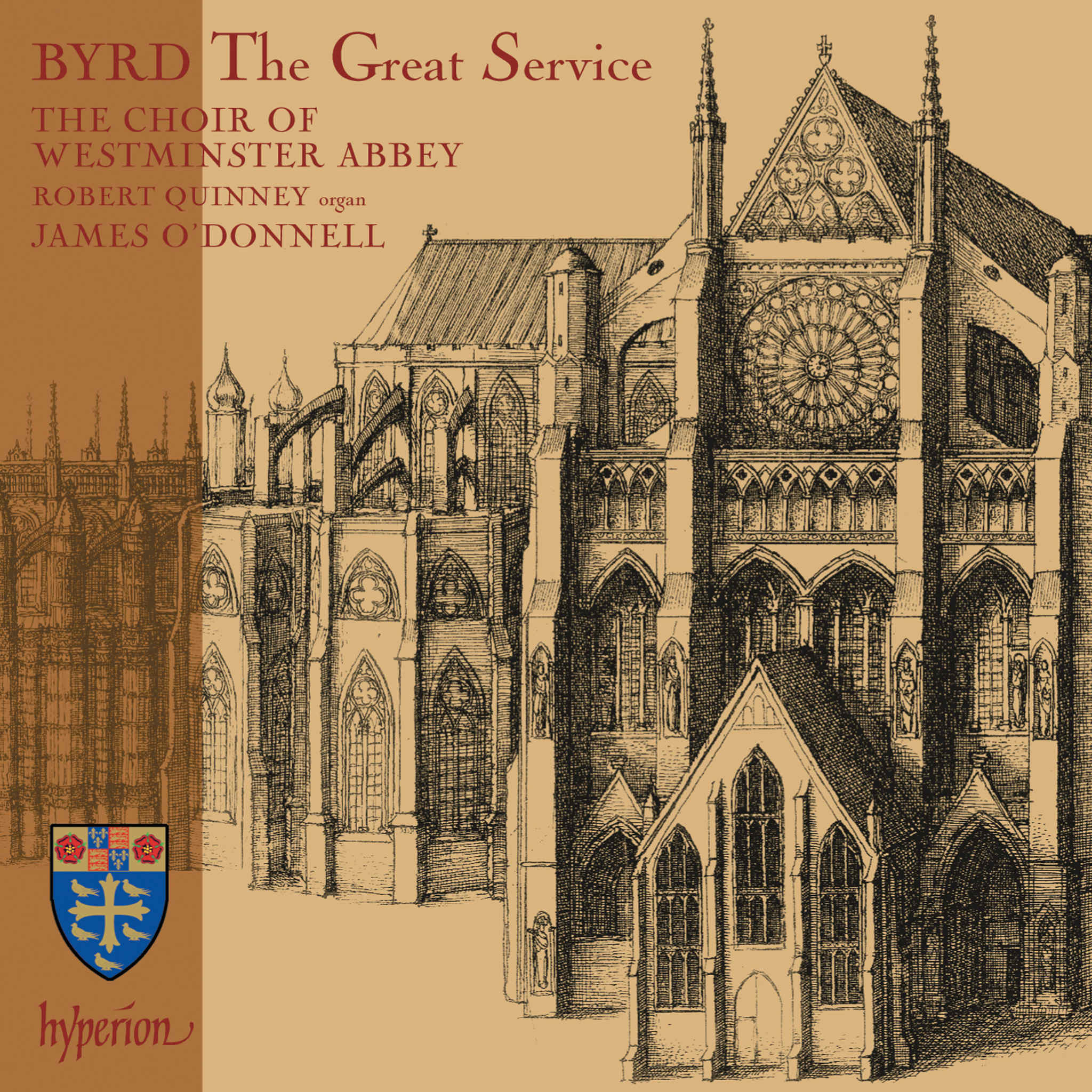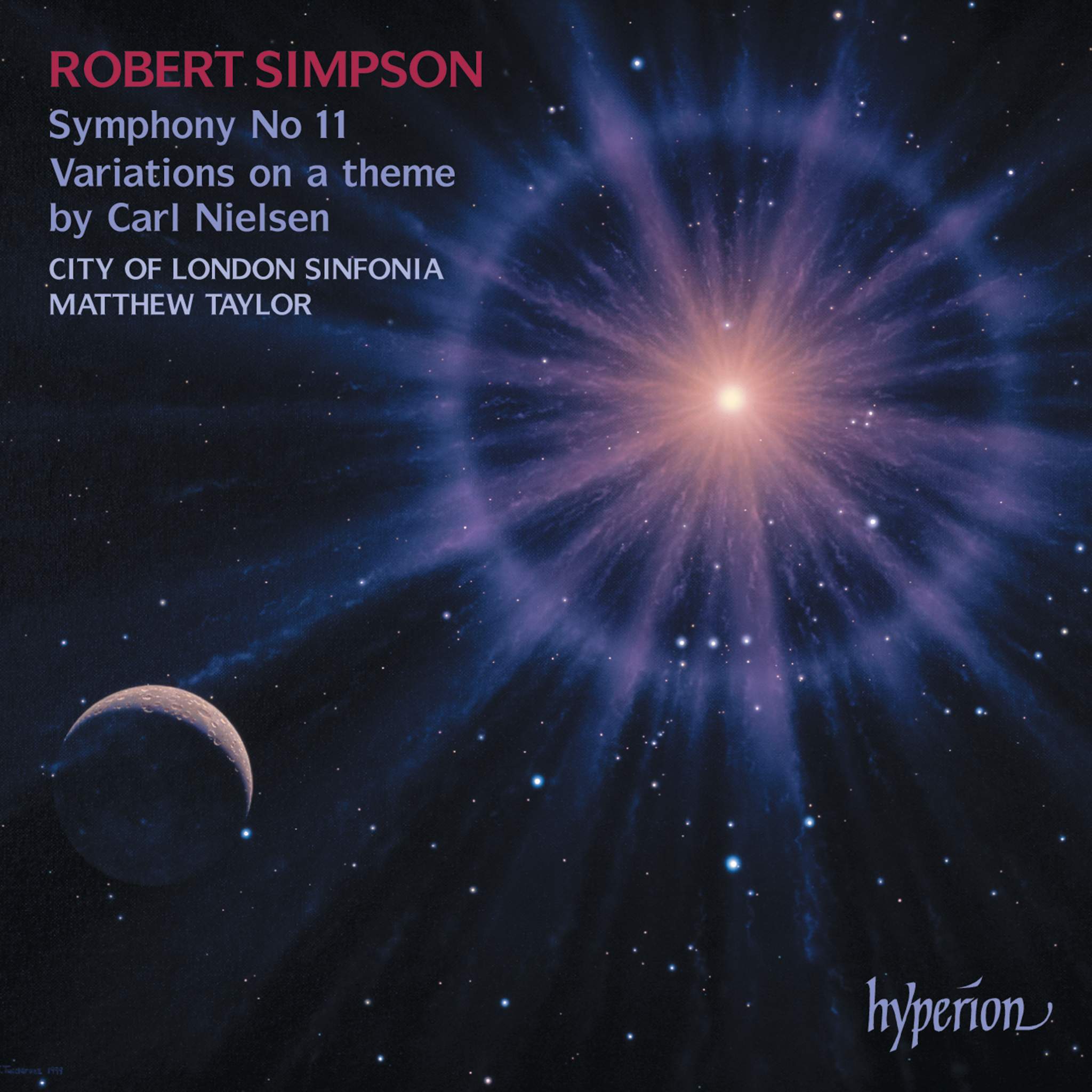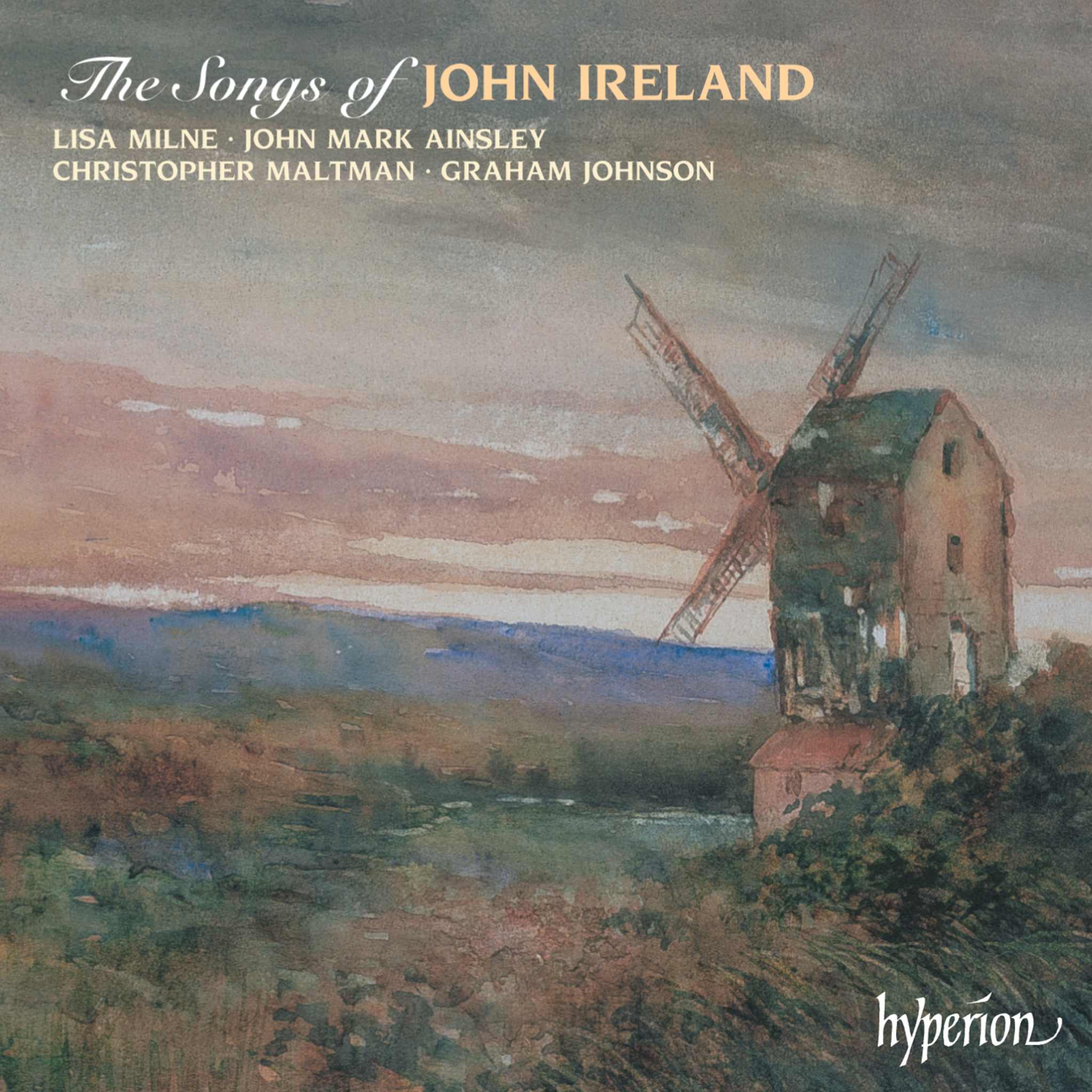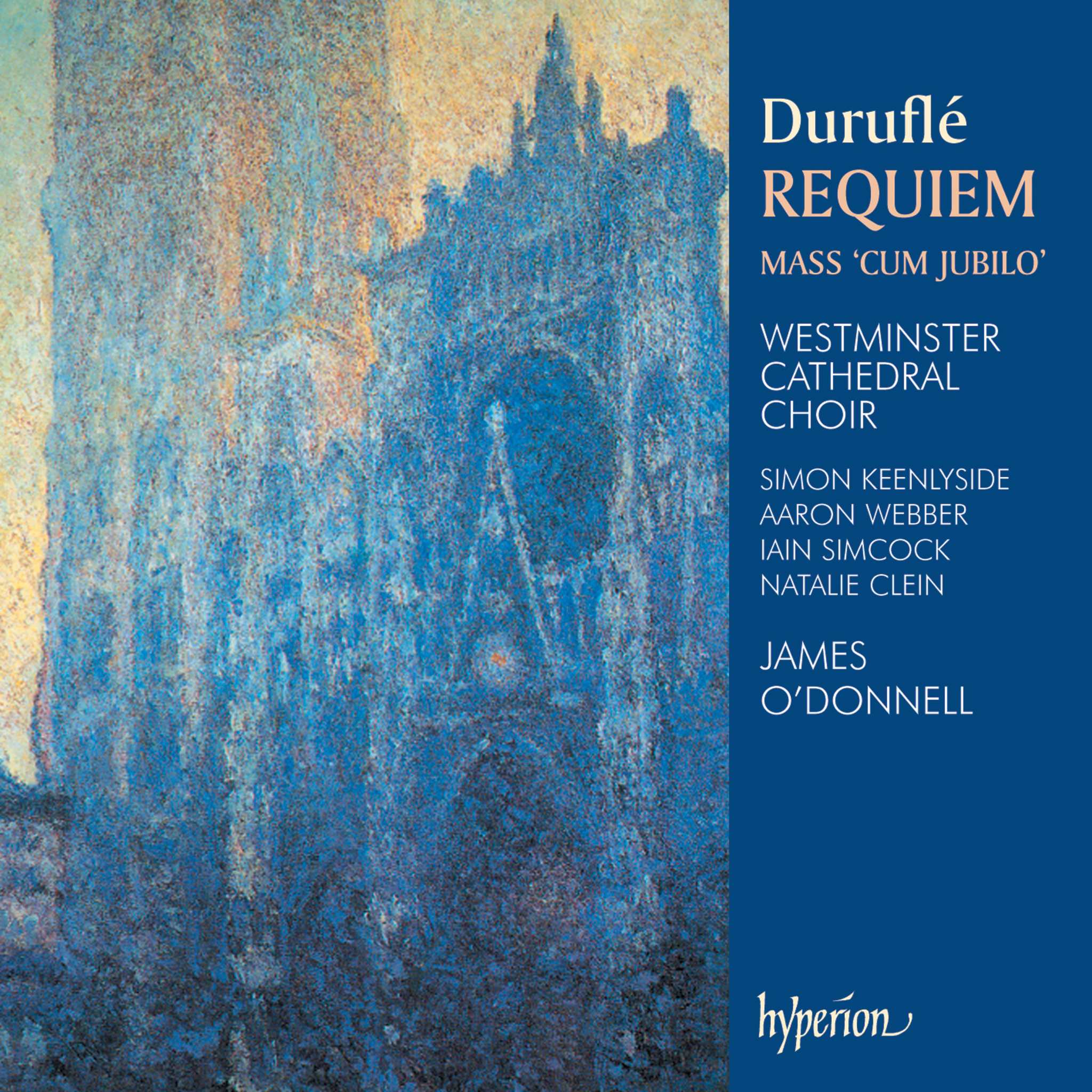Igor Strawinski Igor Strawinski übte in seinen 'Chroniques de ma vie', die 1935 und 1936 veröffentlicht wurden, scharfe Kritik an einer Parsifal-Aufführung, die er 1912 in Bayreuth erlebte[1][4]. Er wies die Vorstellung zurück, dass Kunst als Religion und Theater als Tempel dienen sollte. Seine geistliche Musik zeigt seine Wertschätzung für mittelalterliche Klarheit, die die Grenzen zwischen diesen Bereichen deutlich macht. Nach einer Abkehr von der orthodoxen Kirche fand er zwischen 1925 und 1926 wieder zurück, angeregt durch die mangelnde Qualität der liturgischen Musik, die er hörte. Dies führte zur Schaffung sakraler Chorwerke wie Pater noster, Credo und Ave Maria. Diese schlichten Kompositionen belegen Strawinskis Verbindung zur kirchenmusikalischen Tradition, die er durch eigene Innovationen und Erinnerungen an Gottesdienste seiner Jugend weiterentwickelte.
Die Fertigstellung dieser Chorwerke begann Strawinski 1926, 1932 und 1934. Seine Kompositionen zeichnen sich durch Schlichtheit aus, streben nach modaler Harmonik und berühren durch ihre Einfachheit. Die lateinische Textfassung und eine klare Version des Credo von 1964 basieren auf seinem Werk. Während er am Credo arbeitete, entstand der Gedanke, die komplette Messe zu vertonen, was er schließlich 1948 verwirklichte. In der Zwischenzeit vollendete er die Psalmensinfonie und die Kantate Babel. Die Messe, mit Blasinstrumenten sowie Männer- und Knabenstimmen komponiert, stellt eine bemerkenswerte Verbindung verschiedener musikalischer Einflüsse dar. Strawinskis Werke sind gekennzeichnet durch Originalität und künstlerische Vielseitigkeit, sowohl in geistlicher als auch weltlicher Musik.
Die Psalmensinfonie Strawinskis wurde 1930 komponiert und 1948 überarbeitet. Die Auswahl der Psalmen offenbart eine tiefe emotionale Verbindung und zeigt Hoffnungsschimmer inmitten menschlichen Leids. Die Musik strahlt eine innere Stärke aus, die echte liturgische Musik kennzeichnet. Sowohl die Messe als auch die Psalmensinfonie sprechen eine einzigartige Tonsprache, die Bezüge zur byzantinischen Musik und zum katholischen polyphonen Repertoire aufweist. Strawinski verwendete kirchenslawische und lateinische Texte, wobei die Besetzung mit Holz- und Blechbläsern bedeutsam ist.
Eine Romreise inspirierte Strawinski zur Komposition des 'Canticum Sacrum ad honorem Sancti Marci Nominis'. Im Werk betrachtet er das Leben des Heiligen Markus und verwendet lateinische Texte aus verschiedenen Bibelteilen. Die Struktur der fünf Werkteile spiegelt den Aufbau der Markuskirche in Venedig wider. Wort- und Zahlensymbolik durchziehen die Komposition und setzen prägnante Akzente. Strawinskis Musik bezeugt seine tiefe Verbundenheit mit diversen kulturellen und spirituellen Einflüssen, die in seinen Werken auf faszinierende Weise verschmelzen.











